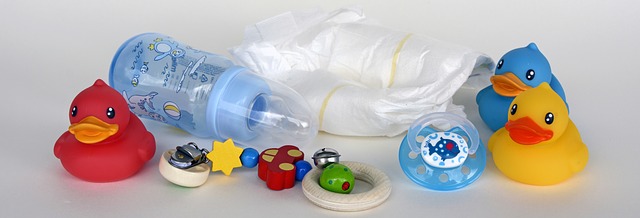The disease that has affected many babies across the world is called Necrotizing Enterocolitis. NEC is a serious disease that attacks the intestines of premature babies. It can happen within the first 2 weeks of a baby’s life who are fed formula instead of breast milk. Bacteria invade the wall of the intestines and inflammation sets in. A crack or gap then forms and allows germs to leak into the abdomen. If left untreated, there could be severe consequences involving infection or death.
Turn to a team you can trust with handling your baby’s NEC case. Philadelphia NEC attorneys at Kwartler Manus specialize in these claims and know just how to work through your situation. Don’t wait to file a claim with us. The faster you contact us the quicker we can review and start the process of filing your claim.
What Causes NEC?
Our attorneys tend to get asked a lot of questions as it pertains to NEC. The most frequently asked question is what causes NEC? Unfortunately, doctors are not entirely sure. What they do know is that premature infants have lungs and intestines that are weak and less mature than full-term babies. This means that their bodies are not capable to move blood and oxygen around as they should. Preemies also have a difficult time breaking down their food and fighting infections.
On the other hand, fortunately, NEC is rare. It really only affects about one in 2,000-4,000 births. The risk is always present that it can happen to any baby but it is more common in preemies who weigh less than 2-3 pounds. Others that may be at greater risk include:
- High risk preemies who are fed formula by mouth or tube
- Those who had difficult deliveries or have lower oxygen levels
- Babies with too many red blood cells in circulation
- Babies with already pre-existing gastrointestinal infections
- Seriously ill babies and those who have received a blood transfusion
Symptoms of NEC
NEC symptoms range from baby to baby, but the most common are either swollen or bloated belly, feedings that stay in the stomach and don’t move through the intestines, green fluid in the stomach, bloody stools, or trouble breathing, low heart rate, or sluggishness. There are other digestive conditions or medical issues that exude similar symptoms to NEC. No matter the case, if you notice any of these symptoms it is important to contact a doctor.
Once you have spoken to a doctor, he or she will want to run some tests on your baby. An x-ray will be taken of your baby’s abdomen and they will sample some blood tests. X-rays will display gas or air bubbles in the wall of the intestines. If a doctor needs to insert a needle into your baby’s abdomen and fluid leaks out, that is a tell-tale sign that there is a hole in their intestines. Blood tests are completed to show if there are low white blood counts. Low white blood counts mean that your baby’s ability to fight infections is weak.
Treatment for NEC
Treatment options for NEC depend on numerous details. How premature is your baby? What is their overall health and medical history? How far has the infection spread? These are just some questions to consider when looking at treatment options. Doctors may recommend that you stop feedings, insert a tube through their nose and into the stomach to remove fluid while keeping the stomach empty, start IV fluids, prescribe antibiotics, take regular x-rays or provide extra oxygen if the belly is too swollen for them to breathe on their own.
Call Kwartler Manus in Philadelphia
Let the experienced Philadelphia NEC attorneys at Kwartler Manus help you fight to recover compensation for your baby’s damages. Simply call us today at 267-457-5570 to speak with an attorney and set up an appointment for your free consultation.

